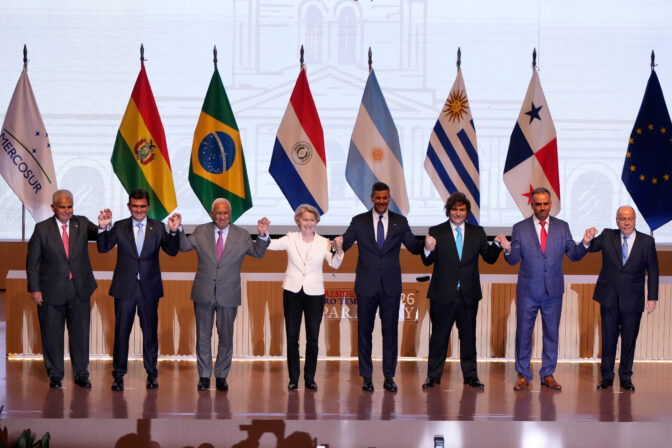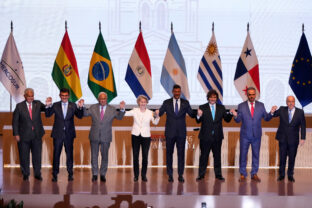BRATISLAVA, March 30, (WEBNOVINY) – Interior Minister Daniel Lipsic vindicates the criticism that came from experts at the Council of Europe’s Group of States against Corruption (GRECO), who rebuked Slovakia for reaching no concrete progress in implementation of their recommendations. “There might have been a lot of talk about it but there has barely been any real action,” Lipsic admitted after Wednesday’s Cabinet session, to which he had submitted a report for GRECO. The minister mentioned his experience, in which the former chiefs of the anti-corruption police described the “Wanke” scandal involving corruption in football as the biggest uncovered corruption case. The minister wonders whether faster transfer of third-league players in return for crates of apples should be considered the most severe case. But nowadays, people can be sure that the police are hunting big fish. “We are going to amend the Election Code, which will include other ways of funding political parties, so that people know who finances political parties and can make up their minds based on this information,” Lipsic announced.
Two legal amendments are necessary to start the fulfillment of the above recommendations. Firstly, changes to the Penal Code, which are already underway, and secondly, a new Election Code to cover funding of political parties. Lipsic said that the Cabinet wants to send the brand new election rules to parliament by the year’s end. He highlighted the commitment to more transparent funding of political parties under more efficient public control, stipulated in the election program. The minister believes that opposition parties will back these changes unless their statements on transparency are just empty talk. The new blueprints suggest that a permanent central election committee or the Supreme Audit Office scrutinize the funding of political parties instead of an executive authority or a parliamentary committee.
GRECO experts offered recommendations regarding corruption of foreign public officials. They have suggested bolstering transparency in financing of political parties. For instance, candidates for a parliamentary mandate should report all presents they have received related to their political activities and disclose the identity of donors. Income and spending of political parties should become more transparent. The same should apply to candidates running in regional and municipal elections. All these pieces of advice should be integrated into election legislation and laws on political parties. Penalties for violation of funding rules should become appropriate and dissuasive.
SITA












